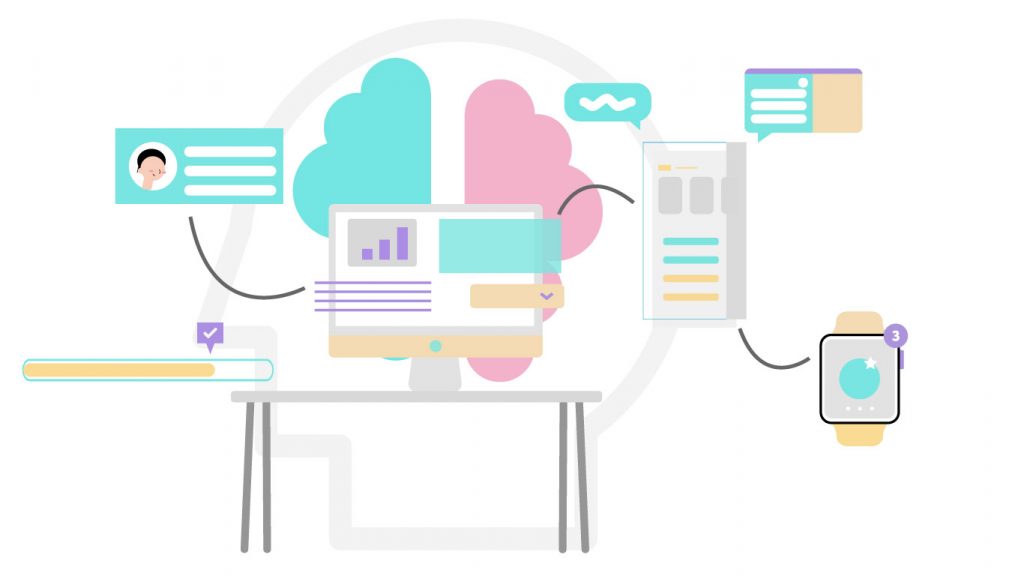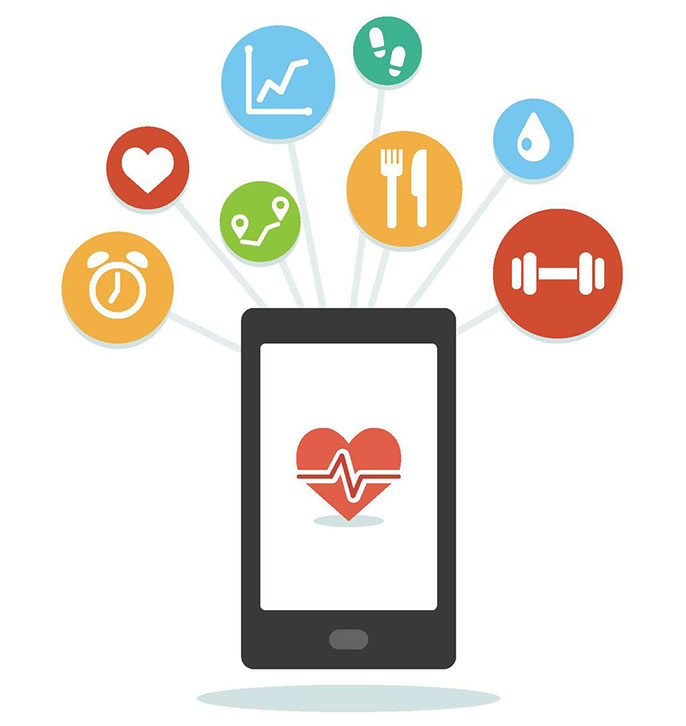
A review of ecological momentary interventions for mental health
In our work, we describe the current technological and interactional possibilities of these systems, as well as the future opportunities provided by these technologies. Components of EMI were found to include the selection of devices for the delivery of the intervention, the information delivery for intervention strategies, prompts to access intervention content, different types of feedback and tailoring, and training provided prior to the delivery of those interventions.

Turn up the radio: academic research and public engagement
HCI and digital health often research projects involve participants and stakeholders to learn their experiences and views on various technology and health-related topics and issues. These activities also contribute to “Education and Public Engagement (EPE)”, which includes many and varied ways university staff and students engage with others outside the institution. One of them is the radio.

Mobile health: how do researchers understand and measure user acceptance?
While technology is increasingly employed in healthcare, the COVID-19 outbreak is accelerating this transition. Being a patient in 2020 means that you may be screened, treated, or monitored with the assistance of a “smart technology”. This transition also impacts the general population, as governments are deploying tracing apps to enforce public health measures.

A review of the security and privacy of mHealth apps: how to evaluate and what is design guidance?
Health apps are already becoming a part of everyday life as accessible resources for personal health. Yet, to maximise the positive impact of these trends, it is important to ensure the privacy and security of users’ data that has been the subject of concern and controversy. Our recent review consolidated current research on the topic to support the design and evaluation of mHealth applications.

My Experience as a Teaching Assistant to 160 students
Going back in time, I can see myself as a student interacting with many teachers without ever imagining that I could find myself in that same role. As a PhD candidate, you have the opportunity to work as a Teaching Assistant and train yourself to become a teacher in addition to pursuing your research.

Academic work in the quarantine lockdown
The fourth week of quarantine lockdown and work from home is rolling by both with its tough and beautiful sides. In Health Technology Design group, we are also rebuilding our work routine. In the form of an interview, this post compiles our opinions on three basic questions: what works, what doesn’t, and what are our thoughts on the future of our research?

Fairness vs The Terminator
In the 1984 classic “The Terminator”, the titular character (a Cyberdyne Systems Model 101) is sent back in time from 2029 to make sure Sarah Connor does not give birth to the person who is destined to defeat the robot uprising. However, the director refused to give the audience what it really wanted; Information on how algorithmic fairness can be applied to the Terminators decision-making process.

Ponderings from FAT* 2020
The recent FAT* conference in Barcelona was primarily designed to bring “together researchers and practitioners interested in fairness, accountability, and transparency in socio-technical systems“.

The research groups website is live!
As Health Technology Design research group of Trinity College Dublin is growing, the next step of its evolution is having a website where we will share our latest research, news, and thoughts.
More blog posts of the research group members
No feed items found.
